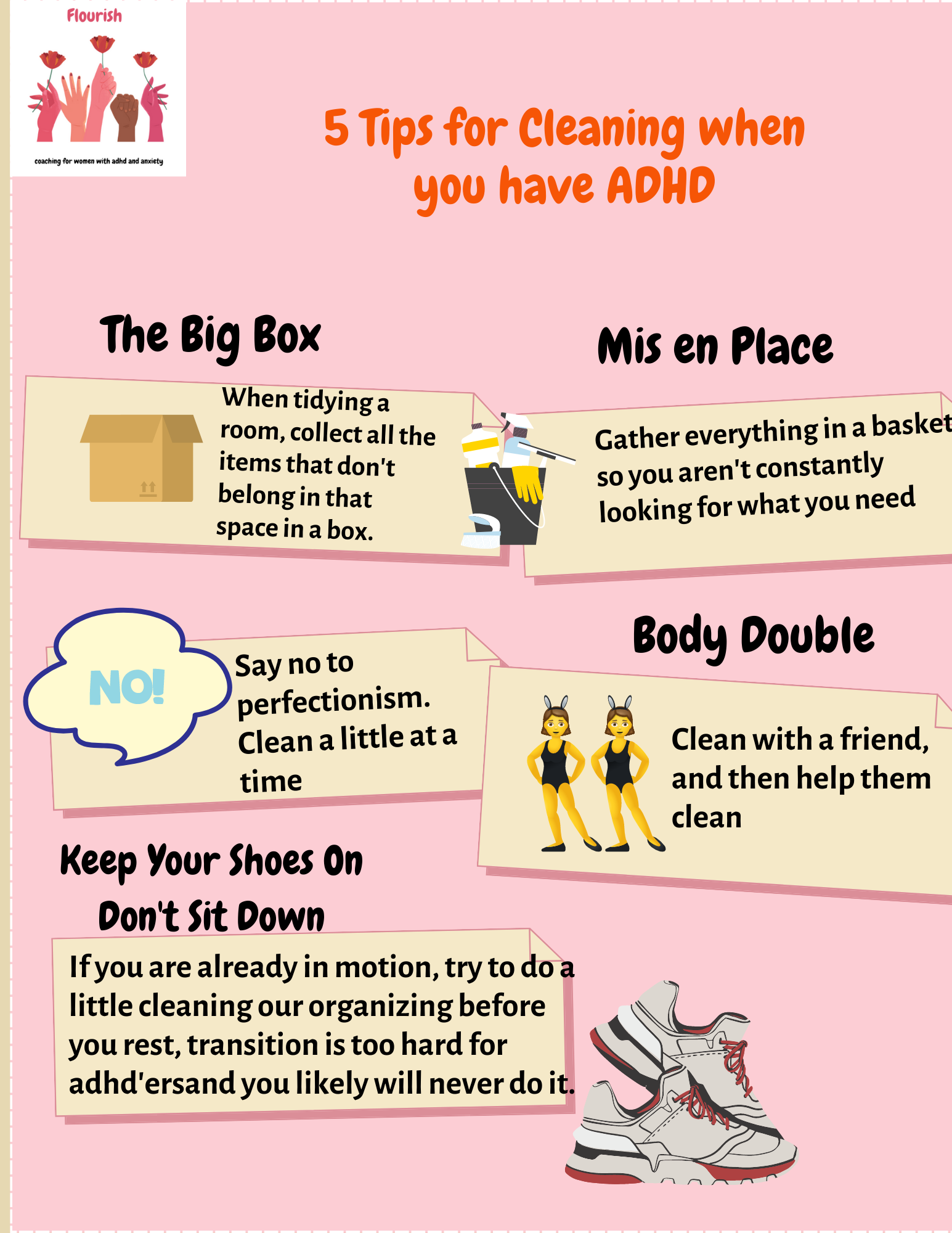Is CBT is Gaslighting for Neurodivergent Clients? A Comprehensive Look
CBT and Gaslighting: Why Some Neurodivergent Clients Feel Invalidated
CBT and Gaslighting—these two terms don't usually go together, but for some neurodivergent people, like those with ADHD or autism, it feels like they do. Cognitive Behavioral Therapy (CBT) is a popular therapy that helps change unhelpful thoughts and behaviors. But if CBT isn't done carefully, it can feel like a form of gaslighting. Let’s look at why some neurodivergent clients feel this way and how to make therapy more helpful.
What is Gaslighting?
Gaslighting is when someone makes you doubt your reality or memories. The term comes from a play called "Gas Light," where a husband makes his wife think she's going crazy by dimming the gas lights and denying any change. This creates confusion and doubt.
 Characteristics of Gaslighting:
Characteristics of Gaslighting:
- Denial of Reality: Denying something happened or suggesting you’re imagining things. In therapy, this could mean a therapist dismissing your feelings, making you doubt yourself.
- Twisting Facts: Manipulating facts to make you question your memory. In CBT, this might happen if a therapist reinterprets your experiences in a way that doesn’t feel right.
- Blaming the Victim: Blaming you for your struggles without acknowledging outside factors. In therapy, this could mean suggesting that all your problems are your fault.
- Creating Confusion: Giving conflicting information that leaves you feeling lost.
- Undermining Confidence: Making you lose trust in your judgment over time.
Why Neurodivergent Clients Might Feel Gaslit in CBT
Neurodivergent people might feel gaslit in CBT when their unique experiences are ignored or dismissed. Here’s why this might happen:
- Lack of Validation: Neurodivergent clients may feel gaslit when their experiences are dismissed as "irrational" or "negative thinking." For example, telling someone with ADHD to "just try to focus more" can feel dismissive.
- Blaming the Client: CBT focuses on changing thoughts and behaviors, which can feel empowering. But if it doesn’t consider outside factors, like societal biases or lack of support, it can feel like it’s all your fault.
- Pathologizing Normal Responses: Treating natural neurodivergent traits as problems to be "fixed" can feel like gaslighting. For example, seeing a need for routine as a problem rather than a part of neurodivergent identity.
- Ignoring Trauma and Discrimination: Not recognizing the trauma of being neurodivergent in a neurotypical world—like bullying or discrimination—can feel dismissive. Suggesting to "move on" without understanding the ongoing impact can feel like gaslighting.
How to Make CBT More Supportive

To ensure CBT doesn’t feel like gaslighting, therapists can:
- Validate Experiences: Acknowledge the client’s unique experiences and the challenges they face, like systemic barriers and discrimination.
- Work Together: Make therapy a partnership, adapting strategies based on client feedback. This helps clients feel empowered in their healing.
- Recognize Strengths: Understand the strengths of neurodivergent clients and adapt therapy to fit their needs, rather than trying to make them fit neurotypical standards.
- Be Trauma-Informed: Recognize trauma in neurodivergent clients’ lives and avoid retraumatizing them. Support healing by validating their feelings.
Conclusion
CBT can sometimes feel like gaslighting for neurodivergent people, but it doesn’t have to. Therapy should be inclusive, validating, and collaborative. Therapists should be aware of how their approach might unintentionally dismiss a client's experiences. With the right approach, CBT can be a powerful tool for growth and healing.
If you’re neurodivergent and looking for therapy, find a therapist who understands and respects your experiences. Therapy should be a safe place where you feel heard and understood. With the right support, CBT can help you understand yourself better and feel more empowered.



